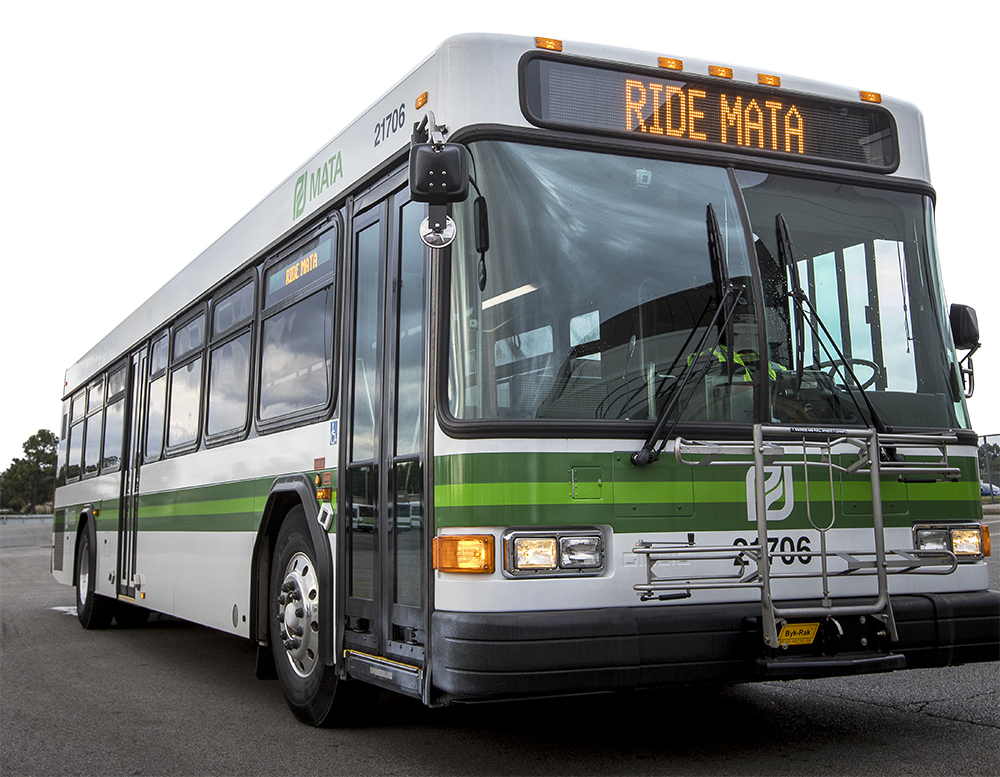Memphis Area Transit Authority (MATA) users are hopeful for change after voicing their concerns with the agency.
Citizens for Better Services (CBS) and Memphis Bus Riders Union (MBRU), hosted a meeting at the Afrikan Heritage and Culture Village of Memphis, where they were given the opportunity to “air their grievances about MATA” in a community forum in late August. Gary Rosenfeld, CEO of MATA, as well as Congressman Steve Cohen were in attendance.
“Our riders are important to us and we make them our highest priority. We will take all complaints seriously and have hired staff to reactively and proactively address customer concerns or rider concerns,” said MATA’s Deputy CEO, Bacarra Mauldin.
Mauldin said it is necessary and helpful to hear the “hard truths” of their riders, both good and bad.
Users compiled a list of problems faced by the ridership that included “breakdown in communication about changes in service and policies, segregated conditions, and non-welcoming atmosphere at bus terminals. They also cited ‘overzealous and overbearing security guards at the bus terminals with bad attitudes toward bus riders, and no communication about delayed and ‘no-show’ buses,” with times varying up to three hours.
Mauldin said that the non-welcoming atmosphere at bus terminals should not be happening, and said MATA has hired a customer experience officer to combat and correct these situations. In terms of delayed and “no-show” buses, Mauldin admitted that MATA does have service issues, and asked for patience as they “navigate the difficult road ahead.”
“MATA, like many other transit organizations across the country, is working hard to balance limited resources against service needs,” said Mauldin. “A three-hour wait time is never acceptable and we apologize for the inconvenience that it caused.”
Johnnie Mosley, founding chairman of Citizens for Better Services said that these concerns are truly reflective of the ridership. He said that the objective of the meeting was to let MATA hear from the riders themselves. Mosley said that he and other organizers wanted MATA to “feel the pain” of the ridership.
Citizens for Better Service and the Memphis Bus Riders Union also compiled a document that reflected the “reality of public transportation in Memphis.” Through their research they found that the great majority of bus riders were Black (90 percent), more than half of riders were women, and that “the average household income for a ‘supermajority’ of bus riders is less than $20,000.”
“These are people that ride the buses and depend on the buses every day,” said Mosley. Mosley said riders depend on MATA for transportation to their jobs, as well as doctor’s appointments and other health visits.“We’re talking about livelihood here,” said Mosley.
Following the meeting, Mosley said they plan to have more community meetings as a follow-up. “We want MATA to be held accountable for the problems facing the ridership,” he said. “It’s a tough challenge, but it’s a challenge that can be made because it’s a challenge that MATA has been facing over the years. We feel that over the past five-to-six years, it’s gotten worse.”
Mosley said this will not be the only meeting that they plan to have, and even outlined the responsibilities of organizations like CBS, as well as MBRU. According to a document shared by Mosley, they have asked followers to write or call elected officials for funding emphasizing public transportation and to continue communicating concerns of bus riders to MATA and other elected officials.
